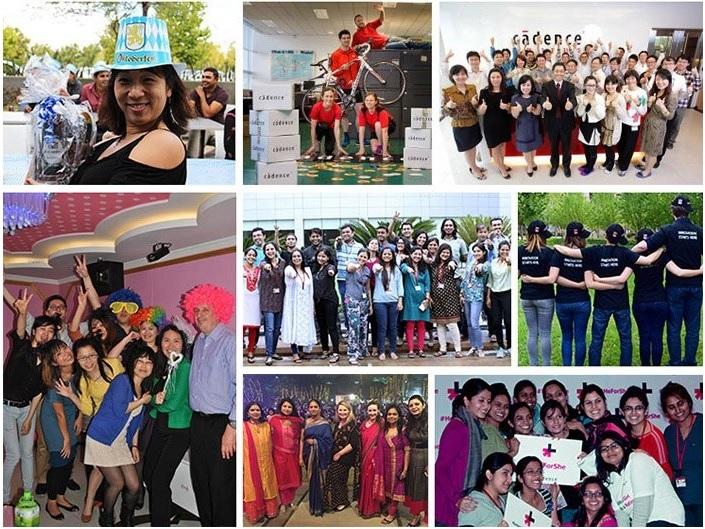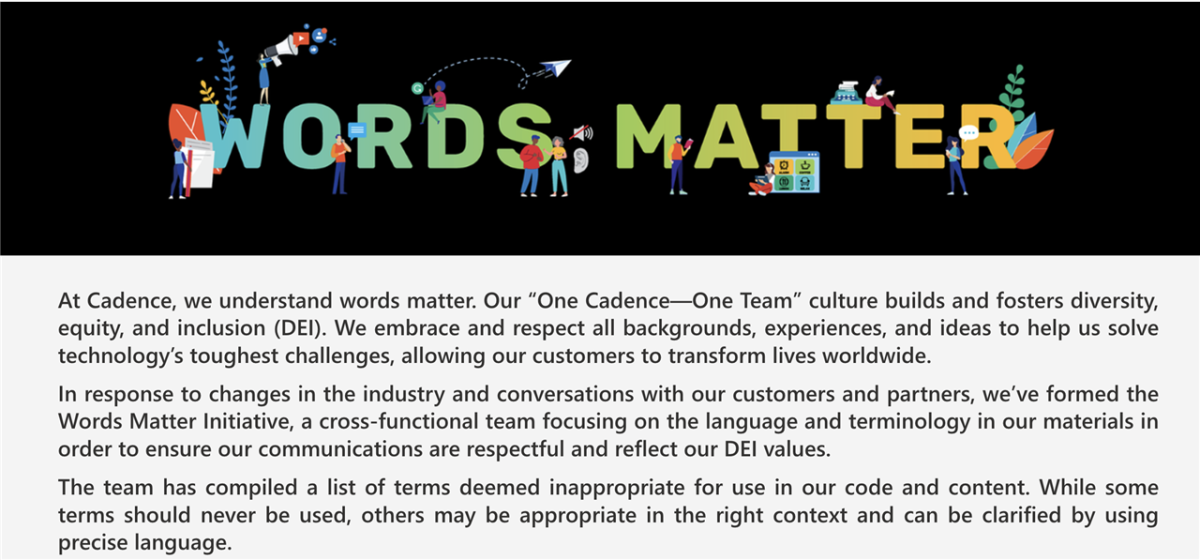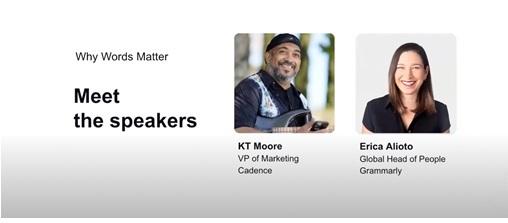Words and Their Impact on Diversity, Equity, and Inclusion
By Jonaki, Community Member
We may have all come on different ships, but we’re in the same boat now.
—Martin Luther King, Jr.
I recently had two instances that led me to realize that we are impacted by differences at the workplace as well because unconscious bias exists within each of us. This bias can be due to not only differences in race, but also gender, age, sexual orientation, religion, and culture.
Cadence first recognized Juneteenth as a global company day off a few years ago to commemorate the emancipation of enslaved people in the United States. While I had read and seen movies based on the historical tales of slavery, that holiday was a moment of epiphany for me in many ways.
I met with some college friends a few months ago, and we were reminiscing about our experiences at various workplaces. While talking about the entry-level interviews, many of the women shared being asked about their marital plans and if they were planning to go on maternity leave anytime soon, whereas no one had asked any of the men such questions! Imagine the bias that women face from the start at companies where it is automatically assumed that they will go on leave or quit—leading to them not being selected for leadership positions as a result.
On the other side, studies have shown that organizations that have more diversity in their management teams end up with higher revenues. After all, new ideas come from diverse ways of looking at things, leading to more innovation. The fact is that people with varied experiences and backgrounds bring their unique skills to the workplace, and research shows that acceptance leads to greater trust and commitment.
DEI at Cadence
I’m proud to work at Cadence, a company that has been a leader when it comes to fostering diversity, equity, and inclusion (DEI). This includes celebrating heritage months, groups such as Cadencia and B.I.G., the Latinx and Black inclusion groups, respectively, as well as the Veterans, LGBTQ+, and Women’s Inclusion Groups.
The Cadence Diversity in Technology Scholarship programs were created to support underrepresented groups in their pursuit of careers in science, technology, engineering, and math (STEM) fields.
The Cadence Returnship Program encourages and provides opportunities for individuals ready to get back in the field after a break from the industry to parent, provide care, or serve in the military.
There are also initiatives such as Women at Cadence that encourage learning and mentoring opportunities for women employees through various programs. I have been selected twice for the Global Women’s Mentorship Program, and I have learned a lot from each of my mentors.
Why Words Matter
As an editor, I also see how language connects people to the values of an organization, and how even the language used in our products and communications can impact mindsets, both inside and outside the organization.
The words we use and the way we use them showcase our attitudes and thoughts. Even something seemingly simple such as calling the board chair the “chairman” for example, caters to the stereotype that only men occupy these positions and strengthens gender biases. Using descriptions such as “sanity check” is similarly harmful because they are hurtful to the people who are dealing with mental health challenges or have loved ones dealing with them.
I’m doubly proud, therefore, especially as a member of the CPG Technical Communications Team, to be a part of an initiative for using inclusive language.
Making a Change
In response to changes in the industry and conversations with our customers and partners, we’ve formed the Words Matter Initiative, a cross-functional team focusing on the language and terminology in our materials in order to ensure our communications are respectful and reflect our DEI values. The initiative is sponsored by KT Moore, vice president of Corporate Marketing, and comprises members across various groups, roles, and geographies. In our monthly meetings, we discuss how language can help Cadence develop a culture of inclusivity and how biased language has the opposite effect.
The team focuses on researching and reviewing the language that is used in all our content—from corporate messaging and marketing, to product code and collateral, to technical communications content, to sales and facilities messaging. We look at the words for the connotations arising from various perspectives—whether they invoke violent images or are associated with bias, such as race, accessibility, or gender, among others. This could be either due to those words reinforcing stereotypes or creating a negative impact on the reader due to the historical background or connotations around them.
After several rounds of reviewing possible terms to avoid, we have published an internal website that showcases the list of words to be avoided or not used, suggests alternatives, and explains the rationale behind the changes. Going forward, we will add to and update the list as needed.
We have also partnered with Grammarly Business, a cloud-based writing assistant, which helps employees search for and use alternatives to biased language. We recently hosted a virtual fireside chat with KT and Grammarly’s Global Head of People, Erica Alioto, where they shared how Grammarly’s software can help foster respect and trust through inclusive communications.
One Cadence—One Team
In the end, a corporate culture that supports and fosters DEI is only possible when we understand and change our behaviors where needed and, thereafter, sustain those changes. After all, as American poet and activist Maya Angelou said, “Do the best you can until you know better. Then when you know better, do better.”
And Cadence president and CEO Anirudh Devgan echoes this:
“We pride ourselves on creating an environment where diversity, equity, and inclusion are celebrated and embraced. This is core to our One Cadence—One Team culture.”
Thank you for reading!




